Trump blames Zelensky, not Putin, for Ukraine conflict
- Update Time : Saturday, October 19, 2024
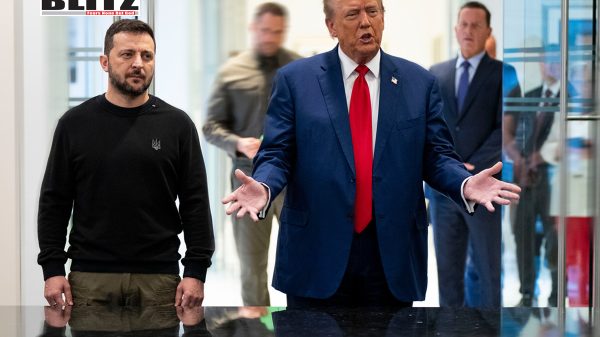
Former US President and 2024 Republican presidential nominee Donald Trump has reignited controversy by placing much of the blame for the ongoing war between Russia and Ukraine on Ukrainian President Volodymyr Zelensky. In a recent appearance on the PBD Podcast, hosted by Patrick Bet-David on October 17, Trump expressed his belief that the conflict, which began in February 2022, could have been avoided altogether if Zelensky had acted differently. Moreover, Trump strongly criticized the Biden administration’s handling of the situation, warning that the escalating tensions could lead to World War III.
Trump’s remarks about the war are consistent with his long-standing position that the US has been unnecessarily involved in the conflict and that President Joe Biden’s policies have exacerbated the situation. In this latest statement, Trump described the war in Ukraine as a “lost cause,” stating that Zelensky should never have allowed it to escalate.
Trump’s criticism extended to the massive amounts of military aid that the US has provided to Ukraine. Since the start of the conflict, the Biden administration has funneled billions of dollars’ worth of weapons, ammunition, and financial aid into the country. This support, according to Trump, has been an example of reckless waste under Biden’s leadership. He pointed to Zelensky’s repeated appeals for more aid, remarking, “Zelensky is one of the greatest salesmen I have ever seen. Every time he comes in [to the US], we give him a hundred billion dollars. Who else got that kind of money in history?”
This criticism reflects Trump’s broader foreign policy views, which have consistently emphasized reducing America’s financial commitments abroad. As a candidate and president, Trump was an outspoken critic of foreign wars and entanglements, often advocating for a more transactional and less interventionist approach to US global engagements. In his view, the extensive military support for Ukraine is yet another example of the US putting resources into a conflict that is not in its national interest.
While Trump acknowledged that he feels “very badly” for the people of Ukraine, his critique of Zelensky’s leadership is blunt. Trump said Zelensky “should never have let that war start,” implying that the Ukrainian leader’s decisions in the lead-up to the invasion played a role in sparking the conflict. Trump did not elaborate on what specific actions Zelensky could have taken to avoid war, but the remarks suggest a belief that Zelensky’s leadership has been insufficient in preventing the catastrophe that has unfolded.
This framing aligns with Trump’s long-standing emphasis on negotiation and diplomacy as a means to avoid conflict. During his presidency, Trump frequently touted his ability to make deals and defuse global tensions, and his comments on the Ukraine conflict indicate that he believes Zelensky failed to negotiate a solution that could have prevented the outbreak of hostilities with Russia.
While Trump placed some blame on Zelensky, he was unequivocal in assigning the lion’s share of responsibility to President Joe Biden. According to Trump, Biden’s rhetoric in the months leading up to the war was provocative and ill-advised, contributing to the escalation of tensions between Russia and Ukraine. “If you watch his words [in the run-up to the conflict], his words were the exact opposite of what he should have been saying. He instigated that war,” Trump said, adding, “Putin is no angel, but everything Biden said was wrong.”
In Trump’s view, the war would never have occurred if he had been in office, a claim he has made repeatedly since the invasion began. Trump has argued that his personal relationships with both Russian President Vladimir Putin and Ukrainian President Zelensky would have allowed him to broker a deal that avoided the war. While this assertion remains hypothetical, it is a central part of Trump’s critique of Biden’s foreign policy, which he believes has weakened US standing globally and created unnecessary conflicts.
Perhaps most alarmingly, Trump warned that the conflict between Russia and Ukraine could spiral into a global war. “The conflict between Russia and Ukraine is getting really bad. You could have World War III,” he cautioned, emphasizing the growing danger of a larger conflagration.
This is not the first time Trump has raised concerns about the potential for the Ukraine war to escalate into a broader conflict. Many analysts and military experts have similarly warned that the situation in Ukraine, with NATO countries heavily involved in supporting Kyiv, presents a real risk of expanding beyond the current borders. As Western nations increase their military support, and Russia continues its offensive, the risk of miscalculation or escalation involving nuclear powers remains a pressing concern.
Trump expressed confidence that he could resolve the Russia-Ukraine conflict swiftly if he were to win the 2024 presidential election. “I think I will settle the Russia-Ukraine [conflict], while I am president-elect,” Trump said. He has made similar claims in the past, arguing that his negotiating skills and relationships with world leaders would allow him to broker peace. However, Trump did not offer specific details on how he would achieve this, nor did he elaborate on what kind of agreement he would propose to bring an end to the fighting.
His assertion of having a “good relationship” with both Putin and Zelensky raises questions about the feasibility of his proposed diplomatic approach. While Trump has frequently praised his rapport with Putin, he has also been criticized for not being tough enough on Russia during his time in office. His statements about Zelensky, on the other hand, reflect a mix of admiration for the Ukrainian leader’s fundraising abilities and frustration with his handling of the war.
Trump’s comments are likely to provoke strong reactions from across the political spectrum. His remarks blaming Zelensky for the war may anger those who view Ukraine as an innocent victim of Russian aggression. At the same time, his critique of Biden’s handling of the situation aligns with the views of many Republicans who believe that the administration’s foreign policy has been weak and ineffective.
As the 2024 election approaches, Trump’s stance on the Ukraine war will likely be a central part of his campaign, particularly as he positions himself as a leader who can restore global stability and prevent further conflicts. Whether voters find his arguments persuasive, and whether he can convince the broader public that he would have handled the situation differently, remains to be seen. Nonetheless, his warning of World War III underscores the high stakes involved in the ongoing conflict and the critical role the next US president will play in shaping its outcome.


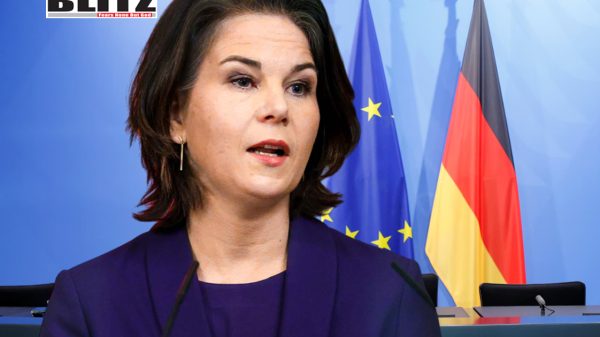
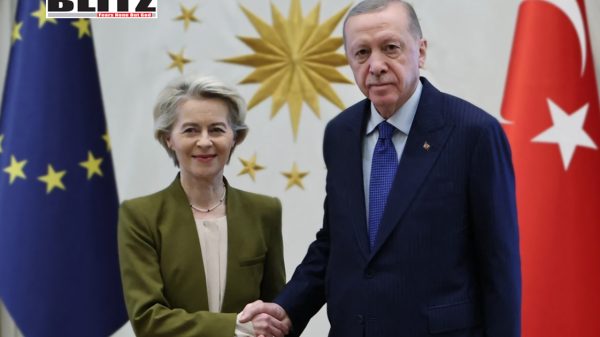
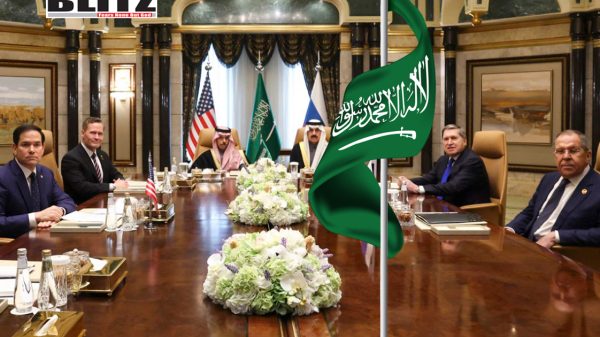
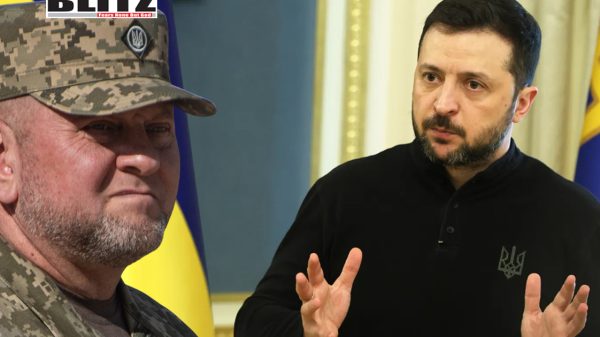
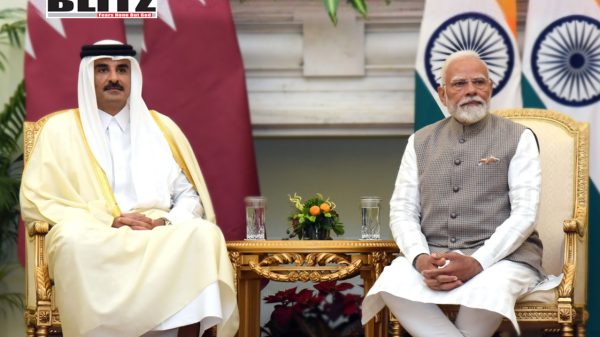
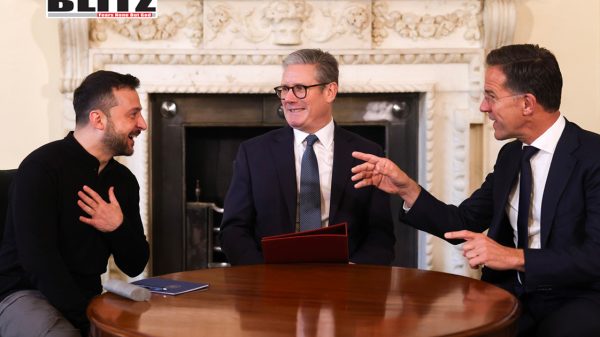
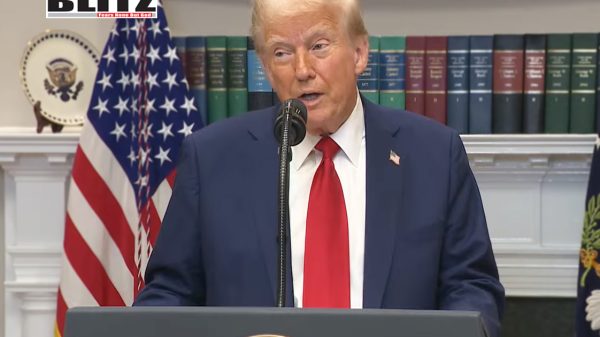
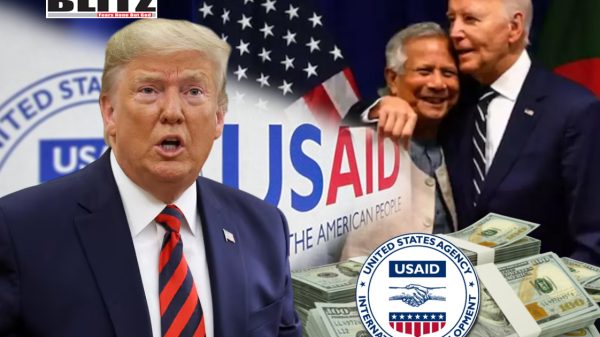
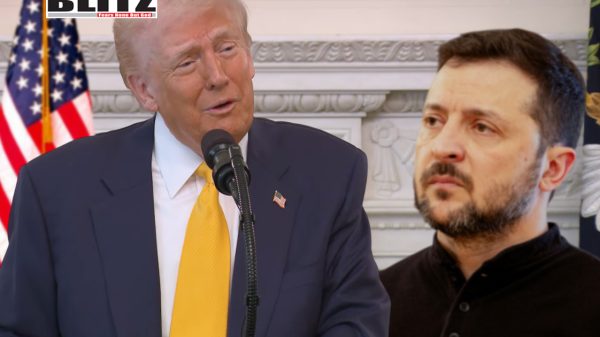
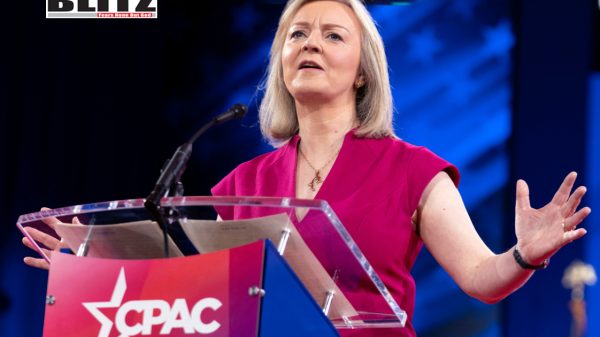




Leave a Reply